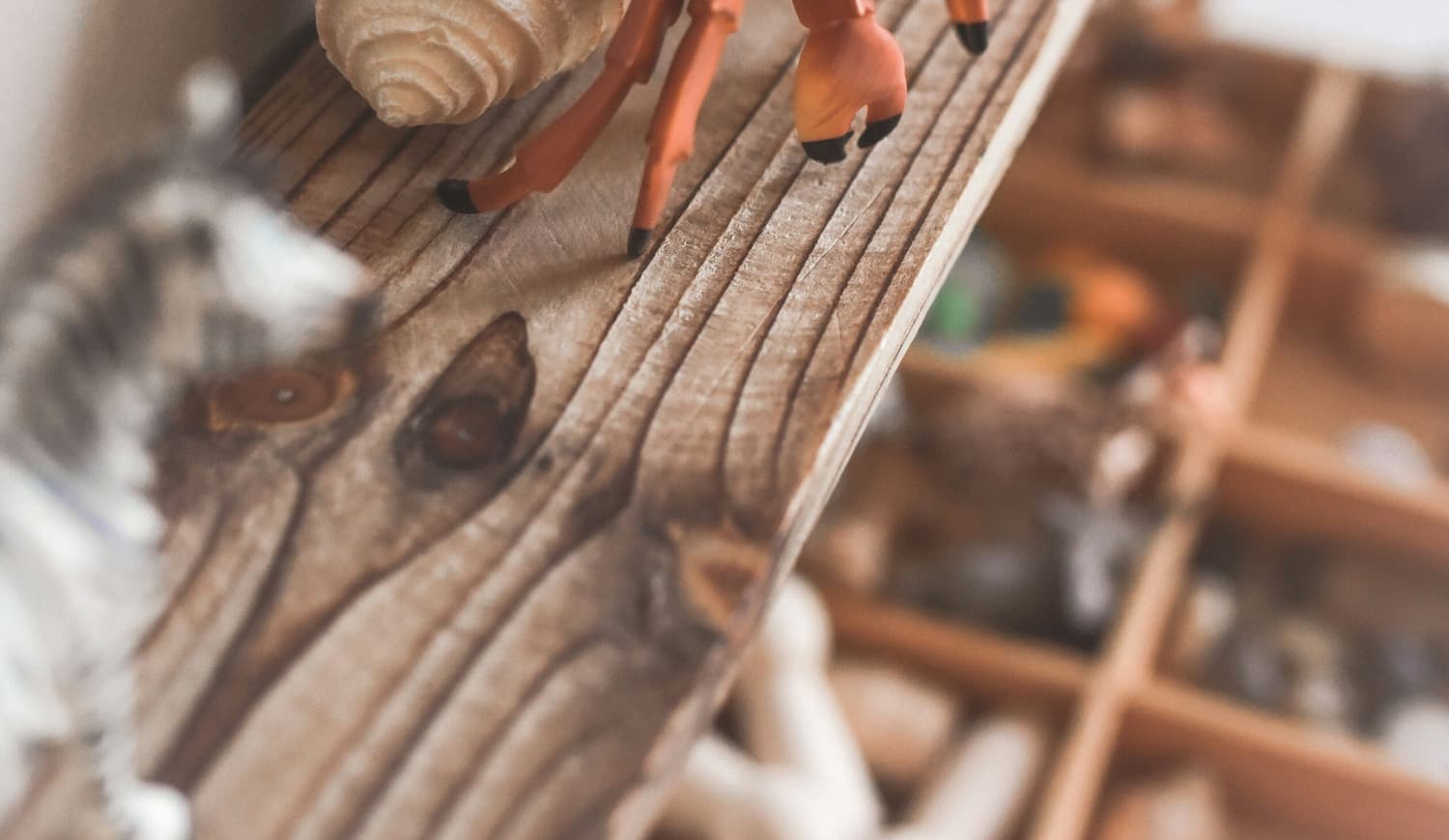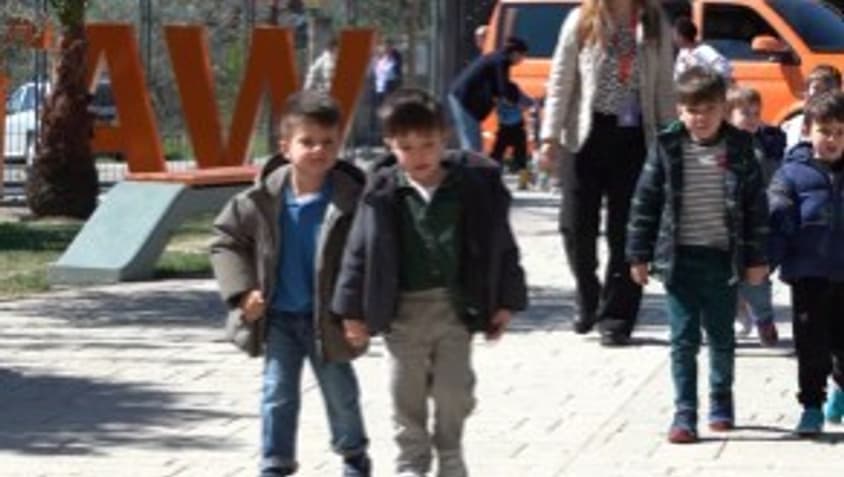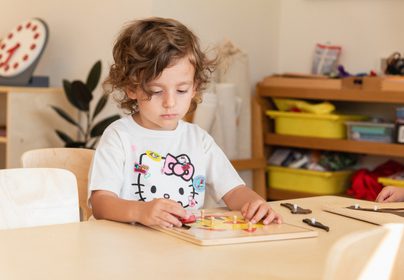Education is most effective when it engages children in active, hands-on experiences. This principle is at the core of both the Montessori curriculum and the International Baccalaureate Primary Years Program (IB PYP), two globally recognised educational approaches that share a commitment to experiential, inquiry-based learning.
Montessori and IB PYP: A Shared Educational Vision
Both Montessori and IB PYP emphasize:
• Student-Centred Learning: Children take an active role in their education, exploring concepts at their own pace and developing independence.
• Inquiry-Based Approaches: Learning is driven by curiosity, with students encouraged to ask questions, explore, and reflect on their discoveries.
• Interdisciplinary Learning: Subjects are interconnected, helping students see the bigger picture and develop a deeper understanding of concepts.
• Global Mindedness: Both curricula nurture respect, open-mindedness, and cultural awareness, preparing students to be active global citizens.
The Power of Hands-On Learning
Hands-on experiences allow children to develop cognitive, motor, and social-emotional skills in a meaningful way. The visit to WAT perfectly illustrated this. The IB PYP teachers set up a multi-sensory learning environment with stations dedicated to the five senses:
• Smell: Children explored various scents and discussed their associations.
• Taste: They identified different flavors, enhancing their descriptive language skills.
• Touch: Various textures encouraged them to compare, contrast, and articulate differences.
• Hearing: They engaged in sound identification activities, sharpening auditory discrimination.
• Sight: A visual game reinforced observation skills and attention to detail.
Through these activities, children actively constructed their understanding of the senses rather than passively receiving information. This experiential learning is crucial in both Montessori and IB PYP classrooms, as it fosters engagement, critical thinking, and a deeper connection to knowledge.
Why This Matters For Early Education
Hands-on learning is more than just an engaging method—it is essential for deep, lasting learning. When children manipulate objects, experiment, and explore, they develop:
• Stronger Memory Retention: Physical engagement reinforces concepts and supports recall.
• Problem-Solving Skills: Children learn to think critically and make connections between ideas.
• Social Skills: Collaborative activities enhance teamwork, communication, and emotional intelligence.
Transitioning From Montessori to IB Primary Year Programme
The connection between these two educational philosophies is why many of our families choose for their children to continue their studies with the International Baccalaureate Primary Years Program (IB PYP) at our sister school, World Academy of Tirana (WAT).
We aim to make this transition as seamless as possible for students and parents and that is why our Kindergarten students are invited to visit WAT to experience a sensory exploration lesson led by one of WAT's specialist IB PYP teachers before they graduate.
This experience not only helps our students familiarise themselves with their new environment but it showcases the natural alignment between Montessori and IB PYP methodologies, reinforcing the importance of hands-on learning in early childhood education and the belief that children learn best when they are active participants in their education, engaging with the world through their senses and experiences.
We continue to work closely with our sister school, especially with our older students so that we can provide a bridge between these two linked educational methodologies and create dynamic learning environments. This reaffirms our commitment to fostering young minds that are curious, capable, and eager to explore the world around them, even once they leave our nursery.
Please find below a short video about our recent IMSA trip to World Academy of Tirana




